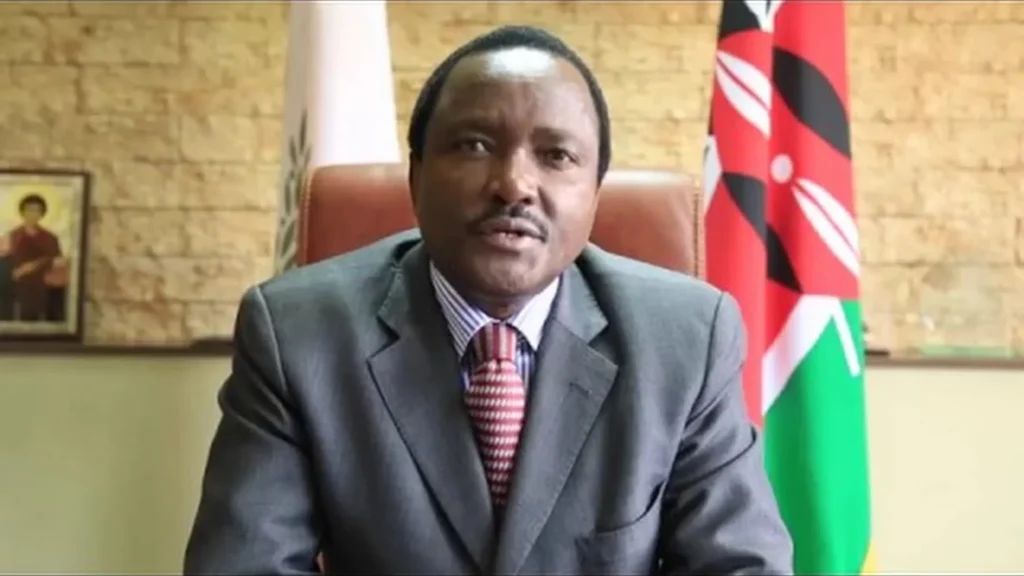Wiper Party leader Kalonzo Musyoka has hit back at President William Ruto’s persistent calls for the opposition to present a tangible development agenda, saying his plan will be reviewed by Kenyans not the Head of State.
Kalonzo, who is currently out of the country on what he termed a strategic mission for a better Kenya, said the opposition’s top priority remains removing Ruto from office in the 2027 general election.
“My plan for Kenya will be for Kenyans to review, not Ruto,” Kalonzo stated on Wednesday night. “Agenda No. 1 is #RutoMustGo.”
His comments follow recent remarks by President Ruto during a bell-ringing ceremony at the Nairobi Securities Exchange (NSE) on July 23. The President dismissed opposition slogans such as “Ruto Must Go” as empty rhetoric lacking substance or alternatives to his administration’s policies.
“I listened to another group of friends who say Ruto must go,” Ruto said. “For sure, just like those who were there before me, I will go. But let me ask, what are your reasons for this call?”
Ruto challenged opposition leaders to present a credible, superior plan that addresses the economy, healthcare, education, and job creation. He likened their current rhetoric to “wash wash” scams flashy but hollow and accused them of resisting meaningful reforms such as new funding models for health and housing.
Kalonzo, however, maintained that it is not Ruto’s place to vet opposition proposals, insisting that it is the Kenyan people who will decide the country’s future leadership.
The back-and-forth highlights the growing tension between the government and the opposition ahead of the 2027 elections. While Ruto continues to champion his reform agenda, including controversial economic and social policies, Kalonzo and other opposition leaders appear to be galvanizing support around a central message of leadership change.
As political temperatures rise, Kenyans are likely to witness increased scrutiny of both the government’s performance and the opposition’s readiness to offer a credible alternative. Whether slogans alone can transform into structured policy blueprints remains a central question in the unfolding national debate.

